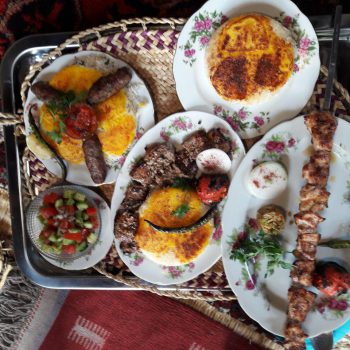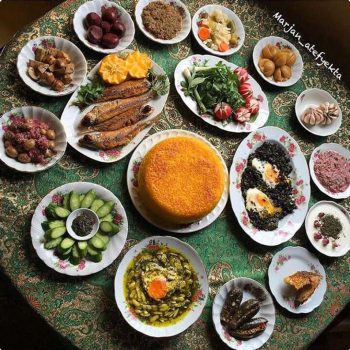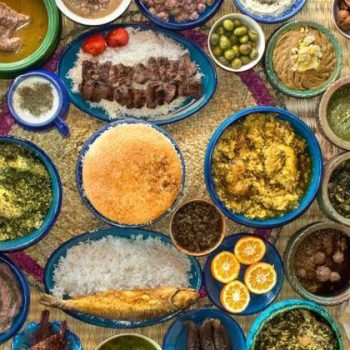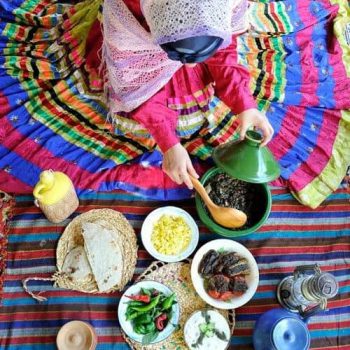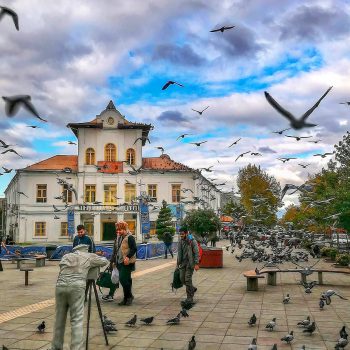The creative city network
The creative city network is a network of cities, working together towards a common mission for cultural diversity and sustainable urban development. There are currently 69 member cities around the world in seven creative industry fields. The fields are Literature, Cinema, Music, Craft and Folk Arts, Design, Media Arts and Gastronomy. Rasht the capital city of Gilan province in the north of Iran is now among 47 cities from 33 countries that are part of the network in these seven creative fields.
Rasht, The city of Gastronomy
Located by the Caspian Sea in the Islamic Republic of Iran, Rasht comprises a population of around 640,000 inhabitants. Surrounded by the fertile delta of the Sefīd-Rūd River, both the city and its gastronomy sector benefit from a rich variety of natural resources and rely on the exploitation of local resources, especially various species of fish and in-season products. Above all, gastronomy in Rasht is synonymous with the protection and promotion of cultural heritage. Throughout generations, Rashti cuisine has not only carried on ancient recipes, but also unique cooking utensils and methods.
Rasht has a gastronomy sector that is a true cultural heritage thanks to the rich variety of natural resources of the region and its tradition, with ancient recipes and exclusive methodology.
The city boasts over 170 recipes. The garlic-stoked, vegetable-rich Gilan cuisines include Mirza Ghasemi, Torshi Tareh, Anar-Bij, Sir-Qelyeh, Baqali-Qatoq, and Kal Kabab. Rasht is actually a heaven for vegetarian people as most of the local cuisine is cooked with fresh herbs and vegetables, without meat. The city of Rasht has several typical meat dishes, such as Kateh-Kebab (beef marinated for 24 hours in a mixture containing olive oil, onion water, and yogurt and then grilled), Sour Kebab (beef or lamb seasoned with onion, garlic, pomegranate juice, and chopped nuts).
Since 2014, the Sabzeh Festival has taken place in the Rural Heritage Museum and focuses on promoting traditional cultural expressions of crafts, folk art and gastronomy, including the typical cooking method in Gamaj clay pots. While gastronomy fosters sense of community and intercultural and intergenerational dialogue, it is also a key driver for sustainable urban-rural interconnection and economic prosperity, so much so that the city grants long-term loans in support of farmers. In addition, Rasht offers a wide range of workshops and vocational trainings in the fields of gastronomy and agro-food, emphasizing on sustainable ways of production and consumption of healthy food.

